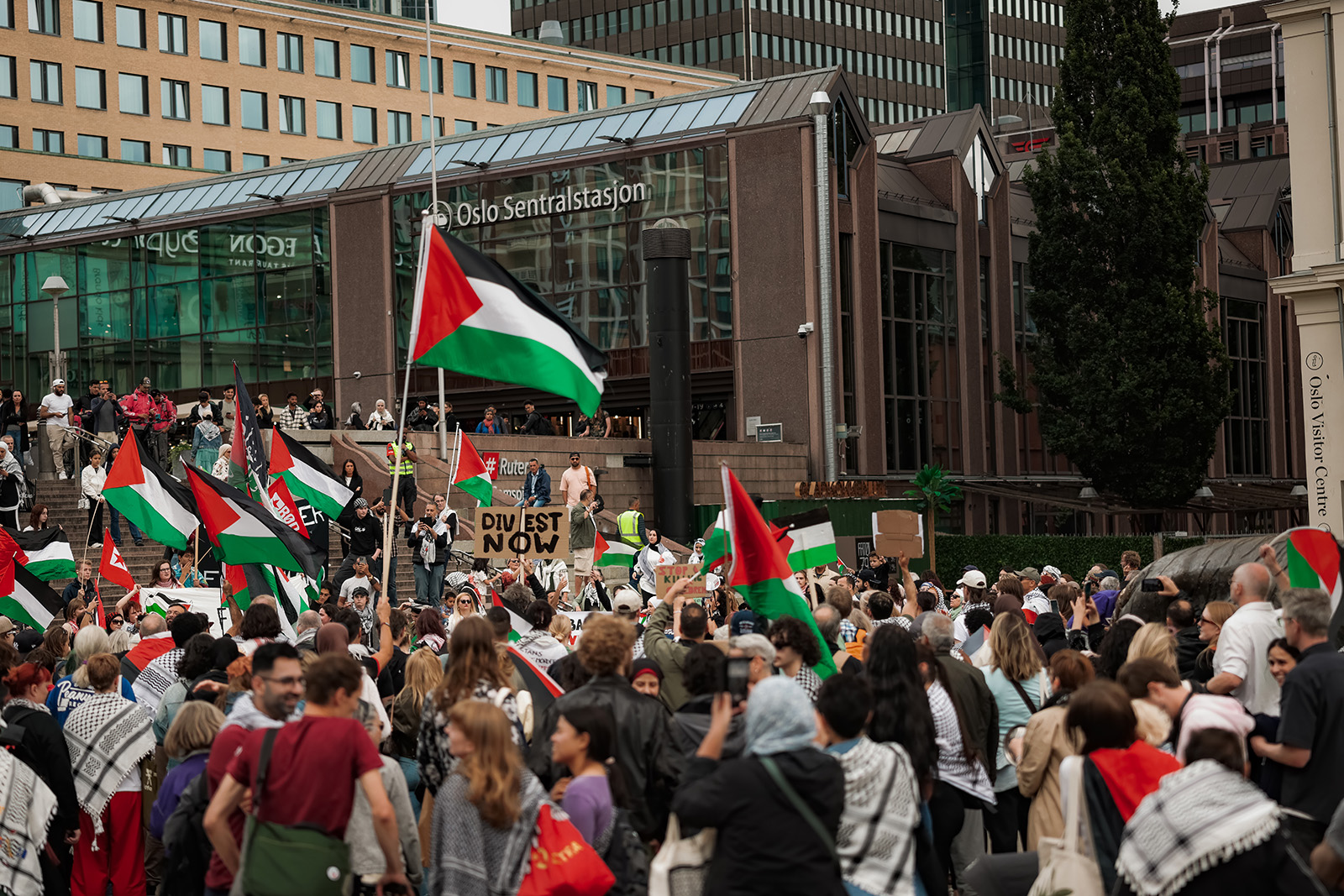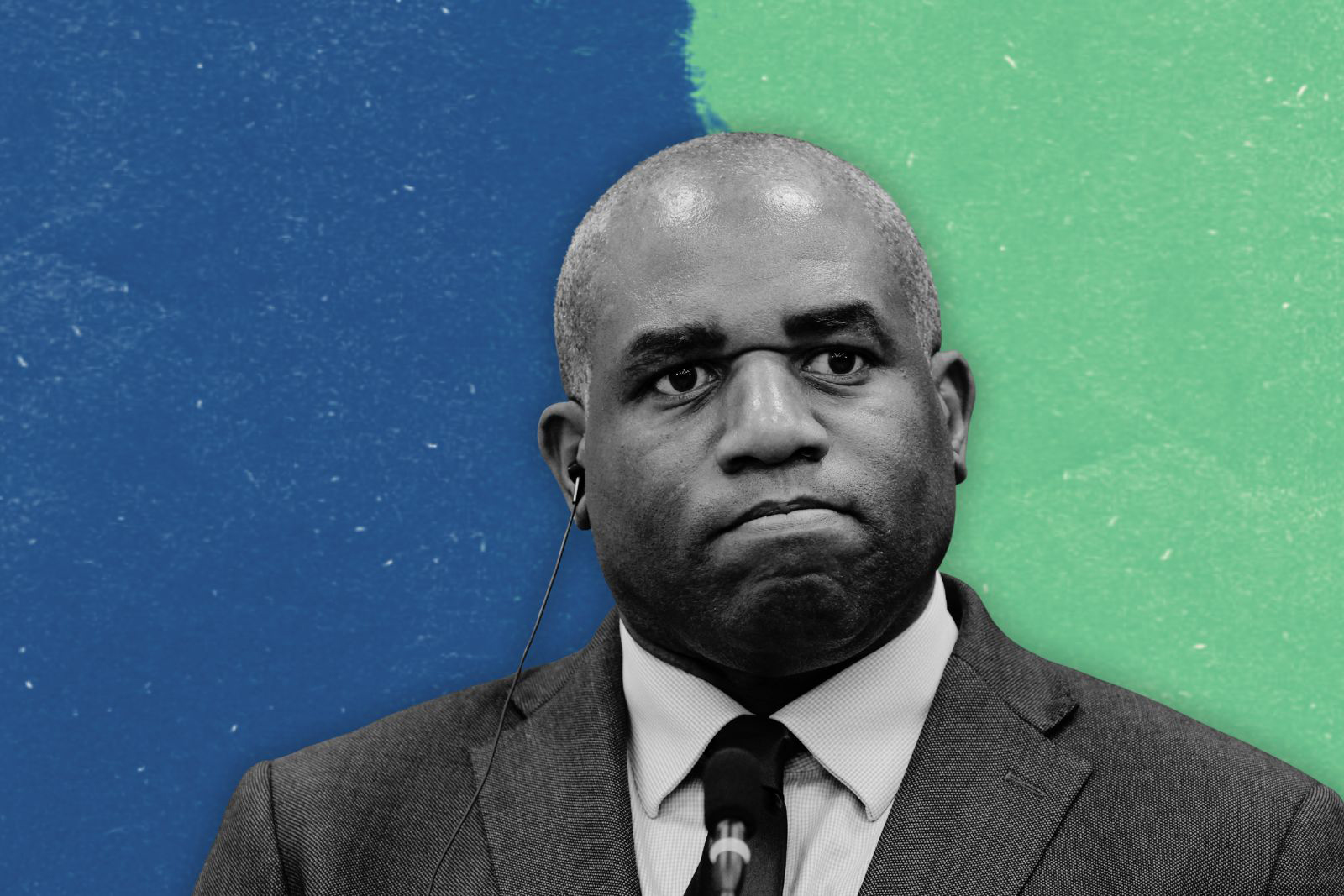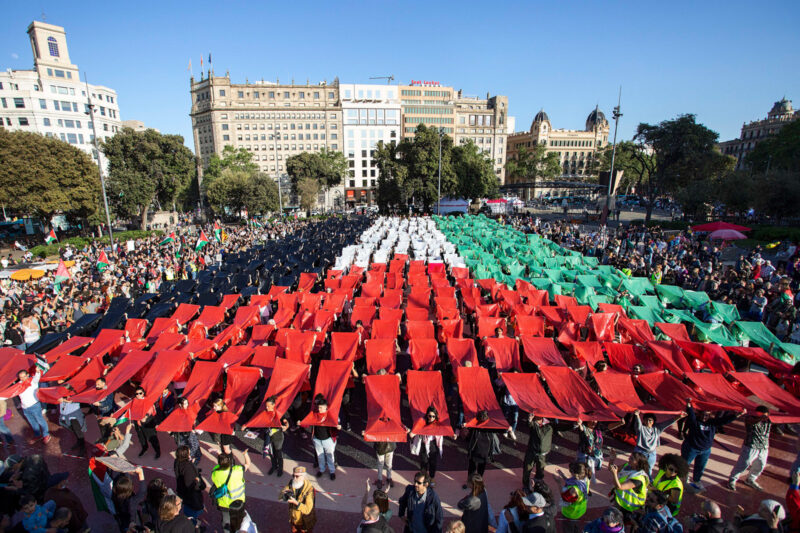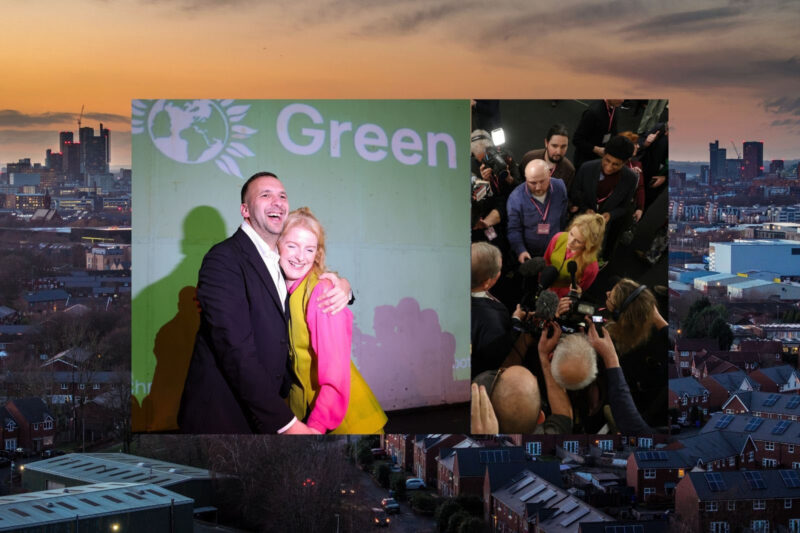If the world’s largest sovereign wealth fund can divest from Israel, anyone can

Norway’s oil fund has removed its investment from Israeli banks and a US company complicit in the occupation of Palestine. Will others follow?
Late August 2025 delivered a moment of historic clarity: Norway’s sovereign wealth fund — the world’s largest — finally drew a line. On 26 August, the $2tn oil fund, managed by Norges Bank and guided by an independent council on ethics, announced the exclusion of US company Caterpillar.
This was not a decision made for financial reasons, but out of moral reckoning. The firm’s bulldozers, particularly the weaponised D-9s, were found complicit in the systematic destruction of Palestinian homes in Gaza and the West Bank, a pattern documented by human rights organisations for decades and cited by the council.
On the same day, the fund also divested from five Israeli banks — Hapoalim, Leumi, Mizrahi Tefahot, First International Bank of Israel, and FIBI Holdings — accused of financing settlement expansion, which the International Court of Justice and the UN have long deemed illegal.
The decision did not emerge from thin air. For months, civil society in Norway had been pressing for action. Campaigners have mobilised public opinion, while a recent poll showed that nearly 80% of Norwegians believe their oil fund should avoid companies complicit in human rights violations and more than 60% oppose investments in firms operating in the occupied territories.
Yet politics remained divided. Back in June, parliament rejected a motion for blanket divestment from all companies working in Israeli-occupied territories, with Labour and Conservative MPs closing ranks to protect the fund’s “neutrality”. The ethical compass of the world’s largest sovereign wealth fund seemed to wobble. It took the sheer weight of public anger, combined with the ethics council’s mounting evidence, to force the hand of the state.
The reaction inside Norway has been both charged and polarised. With elections just two weeks away, the decision immediately became electoral ammunition. The Socialist Left Party demanded full withdrawal from all Israel-linked investments and declared it would make this a condition for supporting any future Labour-led coalition. Deputy leader Marian Hussein even entered parliament wearing a keffiyeh, accusing Norway of hypocrisy in claiming to be a moral global actor while profiting from occupation.
Finance Minister Jens Stoltenberg, by contrast, tried to hold a middle line, defending the exclusions as “the right balance” between public ethics and diplomatic realities, particularly with the US. The fund’s CEO admitted this was the most severe ethical crisis of his tenure.
What makes this decision historic is not simply the exclusion of Caterpillar and the banks, but the precedent it sets. It was the first time the oil fund excluded a non-Israeli company over complicity in Israel’s abuses, and it follows Norway’s largest private pension fund, KLP, which had already blacklisted Caterpillar in 2024 on similar grounds.
The message is clear: ethical finance is no longer an abstract idea; it is becoming a mechanism of accountability. When bulldozers are turned into tools of siege, and banks enable the expansion of settlements, the facade of neutrality collapses.
The implications reach far beyond Oslo. ESG-conscious investors across the globe are watching. If the richest sovereign wealth fund in the world can divest on ethical grounds, it creates a model for others to follow. Analysts suggest this could mark a turning point, where complicity in war crimes becomes a financial as well as moral liability. Still, some warn of backlash: several US states have laws punishing institutions that boycott Israel, raising the risk of political and legal fallout.
Yet the significance of the 26 August move cannot be denied. It ruptures the long-term complicity that allowed corporations to profit from destruction in Gaza and the West Bank with impunity.
Whether Norway continues this path, and whether others draw courage from its example, remains an open question. For now, this is an unfinished journey. Ethics, economics and politics remain at war with each other, and the world is watching to see which one Norway’s sovereign wealth fund will ultimately choose to serve.
 Newsletter
Newsletter















